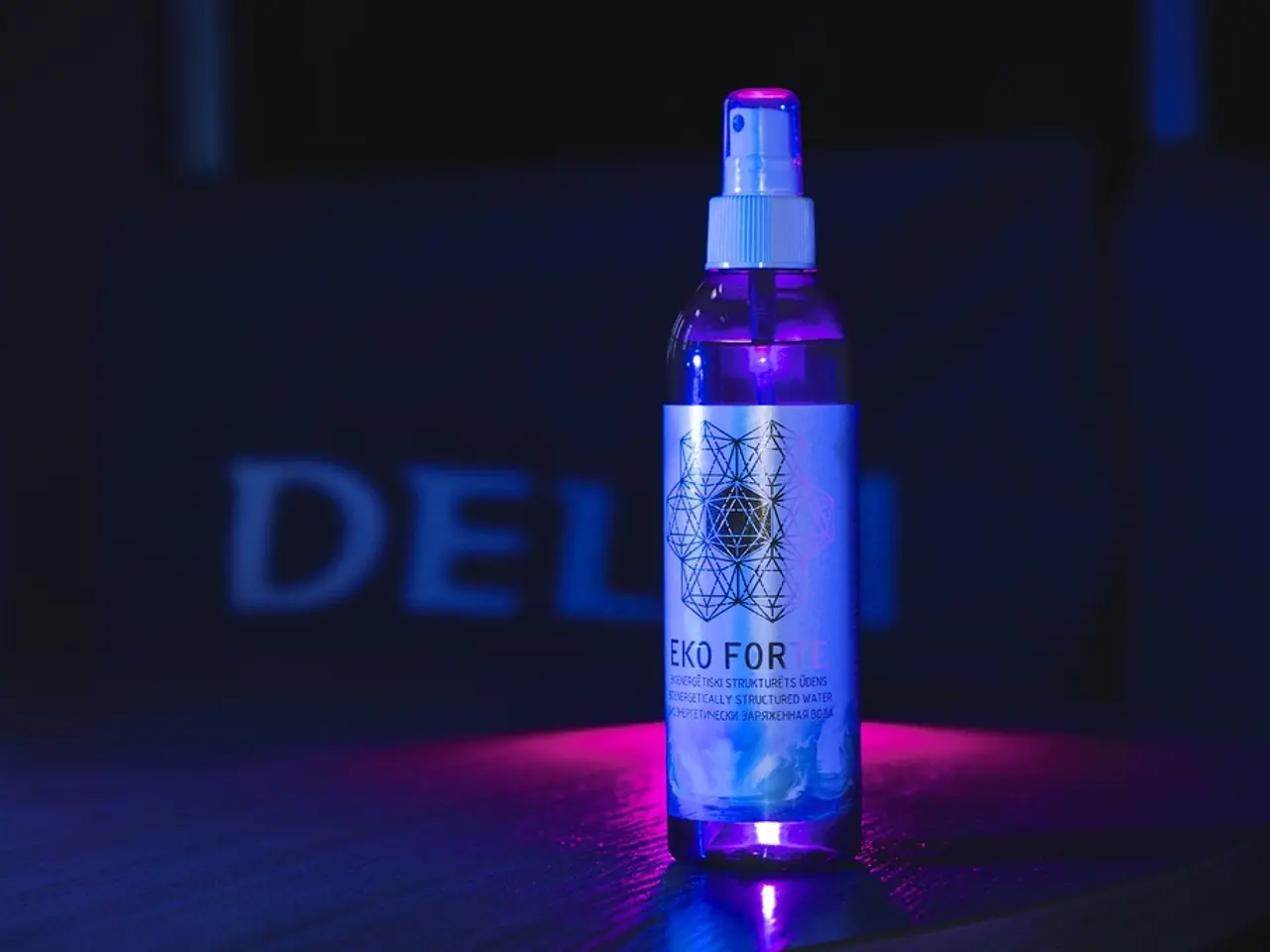Potential Risks in Orchid Dietary Supplements Revealed
In a recent study, concerns have arisen about the authenticity and safety of orchid-based sports supplements, particularly those containing Eria jarensis [3].
Mislabeling and Inaccurate Ingredients
The investigation revealed that many supplements marketed as containing Eria jarensis lacked the claimed orchid species or contained it in unreliable quantities [3]. This mislabeling undermines trust and the efficacy claims, as consumers may not receive the active components purportedly promised.
Safety Risks and Regulatory Concerns
Although the direct toxicological profiles of orchid extracts like Eria jarensis are not fully characterized, related studies in clinical toxicology highlight the potential risks associated with herbal and plant-based supplements containing unregulated or adulterated substances [1][3]. These risks include cardiac and hepatic toxic effects, making it crucial to approach orchid-containing supplements with caution.
Moreover, facilities manufacturing these supplements may fall short of regulatory compliance and user fee obligations, potentially leading to products being considered misbranded. Misbranded products risk legal action and recalls, further compromising consumer safety and product credibility [2][3].
The Need for Stricter Quality Controls and Transparency
The results of the study underscore the need for stricter quality controls and transparency for such products in the supplement industry [3][1][2]. Not a single supplement tested contained the labeled amount of Eria jarensis orchid extract. Some of the chemicals found in the study don't appear in nature at all, despite being labeled as botanical.
Implications for Consumers
The study raises questions about the safety and accuracy of what consumers are getting when they buy these products. Products that contain pharmaceutical-grade stimulants but are marketed as natural pose a unique danger. To mitigate these risks, some professionals suggest sticking to single-ingredient supplements when possible, as they are less likely to contain hidden or dangerous substances.
Regulation and Testing
Experts agree that supplements should be tested in well-designed clinical trials before being sold for performance or health benefits. Supplements should also be tested and regulated to ensure safety and accuracy before being sold to consumers. Simpler products are easier to evaluate for safety and usefulness.
In conclusion, consumers must be vigilant when purchasing orchid-based sports supplements due to the risks of mislabeling, potential toxicological concerns, and regulatory issues. Stricter quality controls, transparency, and proper testing are essential for maintaining consumer safety and product credibility in the supplement industry.
- The study revealed a need for greater transparency and stricter quality controls in the health-and-wellness industry, particularly concerning orchid-based sports supplements, as many fail to contain the claimed orchid species or provide accurate quantities, casting doubt on their efficacy.
- Given the potential risks associated with herbal and plant-based supplements like those containing Eria jarensis, including cardiac and hepatic toxic effects, consumers are advised to approach such products with caution and consider single-ingredient supplements to minimize the risk of hidden or dangerous substances.
- In light of the study's findings, it is crucial for the supplement industry to implement comprehensive testing and regulatory measures to ensure safety and accuracy before selling supplements containing CBD, nutrition, therapies-and-treatments, and science-backed ingredients to consumers.




